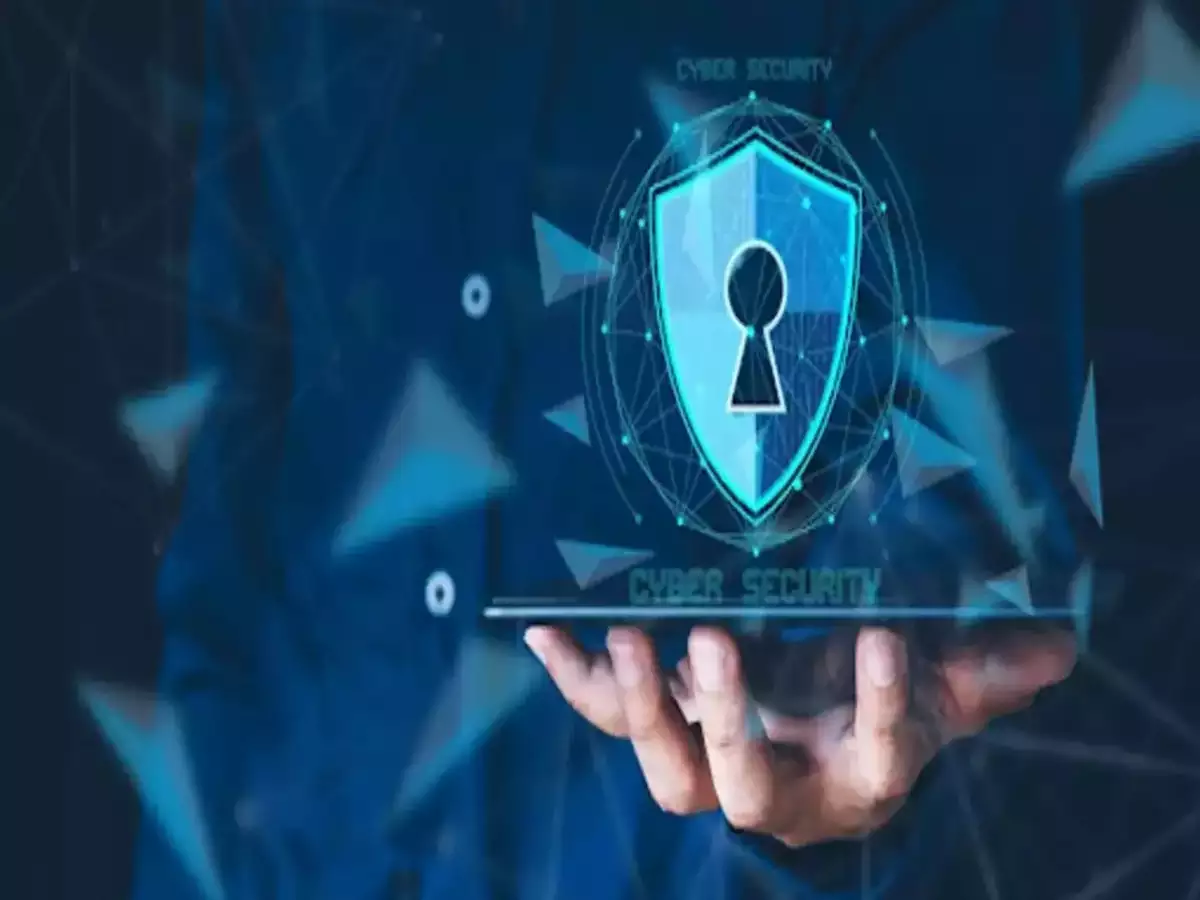Introduction
In today’s digital landscape, the real estate industry faces an increasingly daunting challenge: cyber threats. As property transactions, sensitive data, and client information shift into the digital realm, the role of cybersecurity has never been more critical. This article delves into the pivotal role of cybersecurity in the real estate sector, explores key trends, uncovers unique vulnerabilities, and offers insights through a comparative table highlighting tailored cybersecurity solutions for the industry.
The Expanding Importance of Cybersecurity
The real estate industry’s foray into the digital world presents opportunities and challenges in equal measure. While digitalization enhances efficiency and convenience, it simultaneously exposes vulnerabilities. Safeguarding property transactions, sensitive data, and client information has evolved from a recommended practice to an indispensable necessity.
Key Cybersecurity Trends in Real Estate
- Data Encryption: With an ever-growing volume of sensitive data managed electronically, data encryption is no longer optional. It secures against unauthorized access during data storage and transmission, preserving the confidentiality of critical documents, agreements, and financial information.
- Multi-Factor Authentication (MFA): MFA is a crucial cybersecurity practice that adds an extra layer of protection. It requires users to provide multiple forms of identification before gaining access. In the context of real estate, MFA ensures that only authorized individuals can access critical systems, reducing the risk of unauthorized data breaches.
- Security Awareness Training: Ongoing employee training is the cornerstone of cybersecurity. These programs educate staff on recognizing and mitigating cybersecurity risks, encompassing threats such as phishing attempts, social engineering attacks, and others. Well-informed employees serve as the initial line of defense.
- Cloud Security: The real estate sector increasingly relies on cloud-based systems for data storage and collaboration. Ensuring the security of these cloud platforms is essential. Robust cloud security measures protect data stored in the cloud, guaranteeing the confidentiality of property information.
- IoT Security: Smart buildings and homes equipped with Internet of Things (IoT) devices are now a common sight. These devices offer convenience and efficiency while introducing new cybersecurity risks. IoT security involves device monitoring, threat detection, and secure access control to prevent unauthorized access and breaches.
Image by: https://www.telit.com/
Comparative Table of Real Estate Cybersecurity Solutions
The real estate industry offers a range of cybersecurity solutions tailored to its unique requirements. The following comparative table showcases key solutions:
| Cybersecurity Solution | Description | Key Features |
|---|---|---|
| SecureDoc RealEstate Suite | Comprehensive real estate cybersecurity | Data encryption, MFA, employee training |
| PropertyGuard Pro | Property transaction security | Secure document sharing, transaction tracking, data protection |
| RealtyCyber Shield | Cloud security for real estate | Encrypted cloud storage, secure collaboration tools, compliance |
| SmartBuildings Secure | IoT security for smart buildings | Device monitoring, threat detection, secure access control |
| RealGuard DataShield | Data security for real estate firms | Secure data storage, real-time threat monitoring, incident response |
These solutions address various needs, from data encryption and MFA to secure document sharing and IoT device monitoring, tackling the diverse cybersecurity challenges faced by the real estate sector.
The Unique Vulnerabilities of Real Estate
Real estate, characterized by substantial financial transactions, extensive databases, and a foundation of trust, possesses unique vulnerabilities. Cybercriminals exploit these vulnerabilities, targeting fraudulent property transactions, identity theft, and unauthorized access to property-related systems and information.
The Future of Cybersecurity in Real Estate
The real estate industry’s commitment to cybersecurity is paramount to maintain trust and the integrity of its operations. As technology evolves, so do cyber threats. Remaining vigilant, investing in advanced cybersecurity solutions, and prioritizing employee training are fundamental to staying ahead of potential risks and safeguarding the sector’s digital infrastructure.
Conclusion
Cybersecurity in the real estate sector is no longer a choice but a mission-critical necessity in today’s digital landscape. Protecting sensitive property data, client information, and transaction integrity has transitioned from a safeguard to an imperative. By embracing key cybersecurity trends and leveraging tailored solutions, the industry can fortify its digital defenses, ensuring a secure and resilient future for all stakeholders. In the continually evolving digital realm, vigilance, investment in cybersecurity measures, and a commitment to education form the bedrock of real estate’s mission to protect data and build trust.











